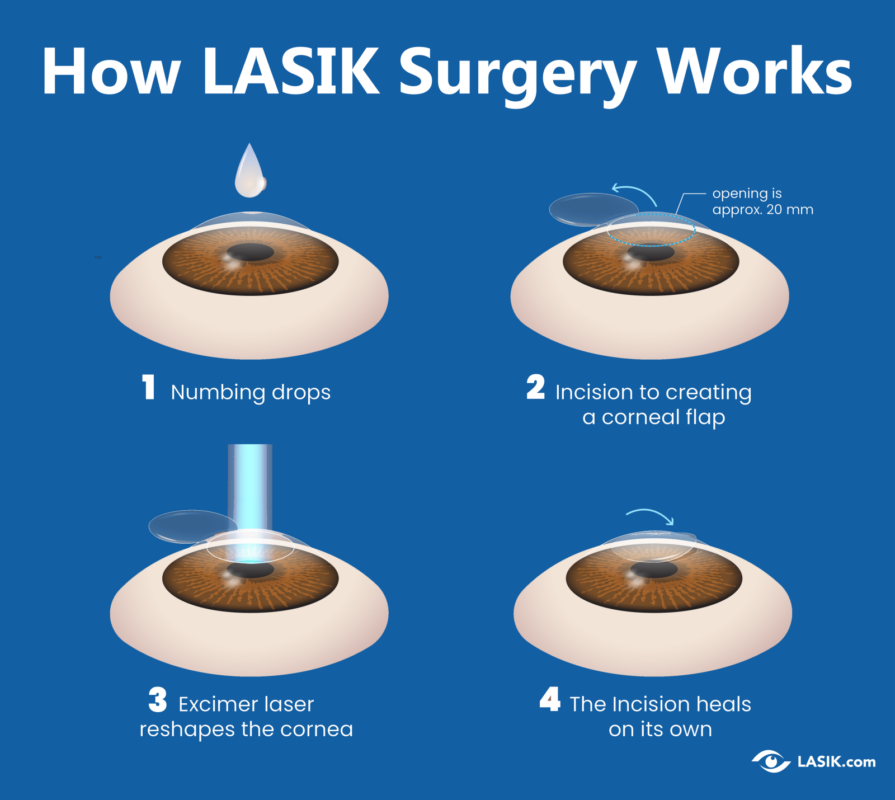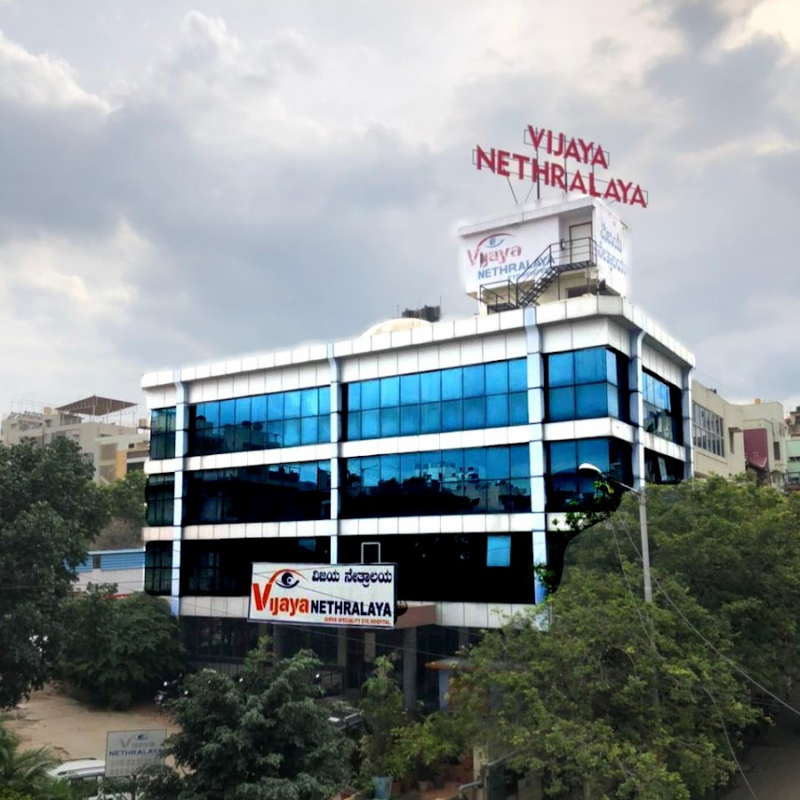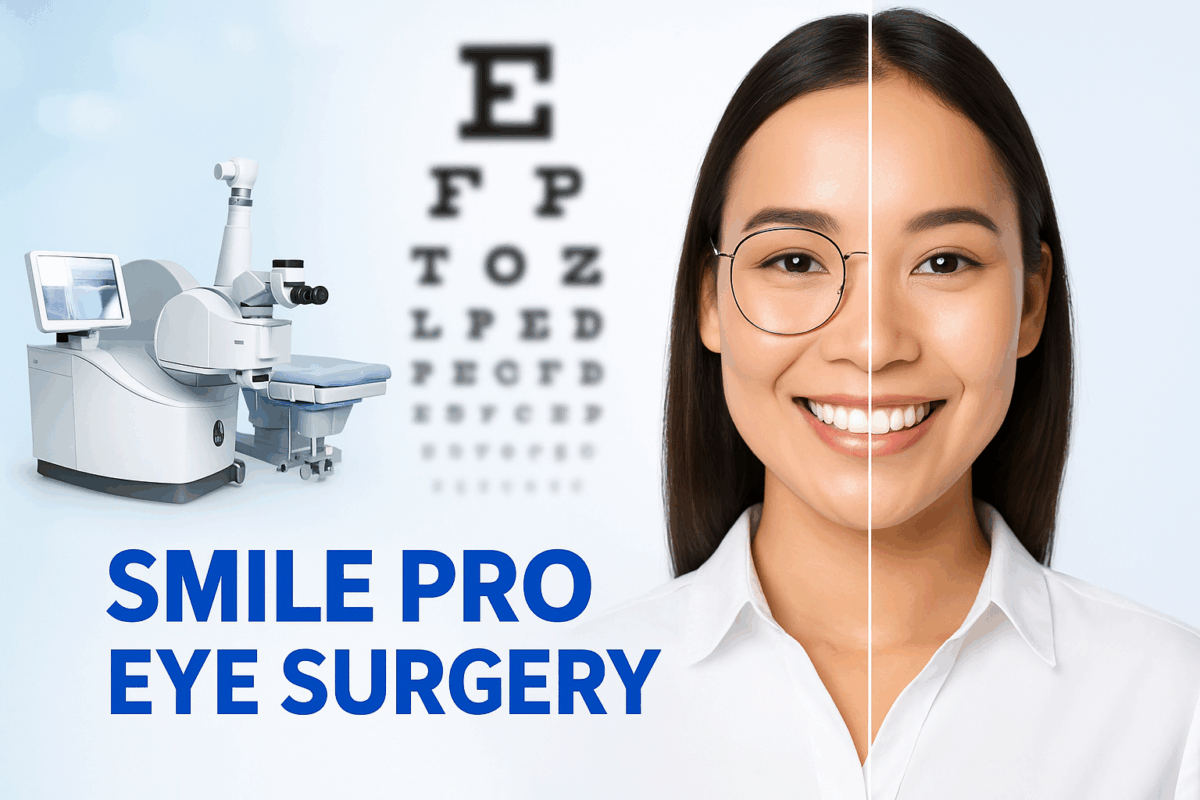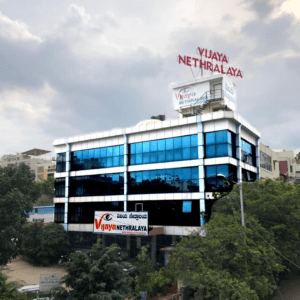Rigid Gas Permeable (RGP) lenses stand out as a beacon of clarity and comfort. RGP lenses provide distinct advantages that cater to a diverse range of visual needs, setting them apart from their soft lens counterparts.
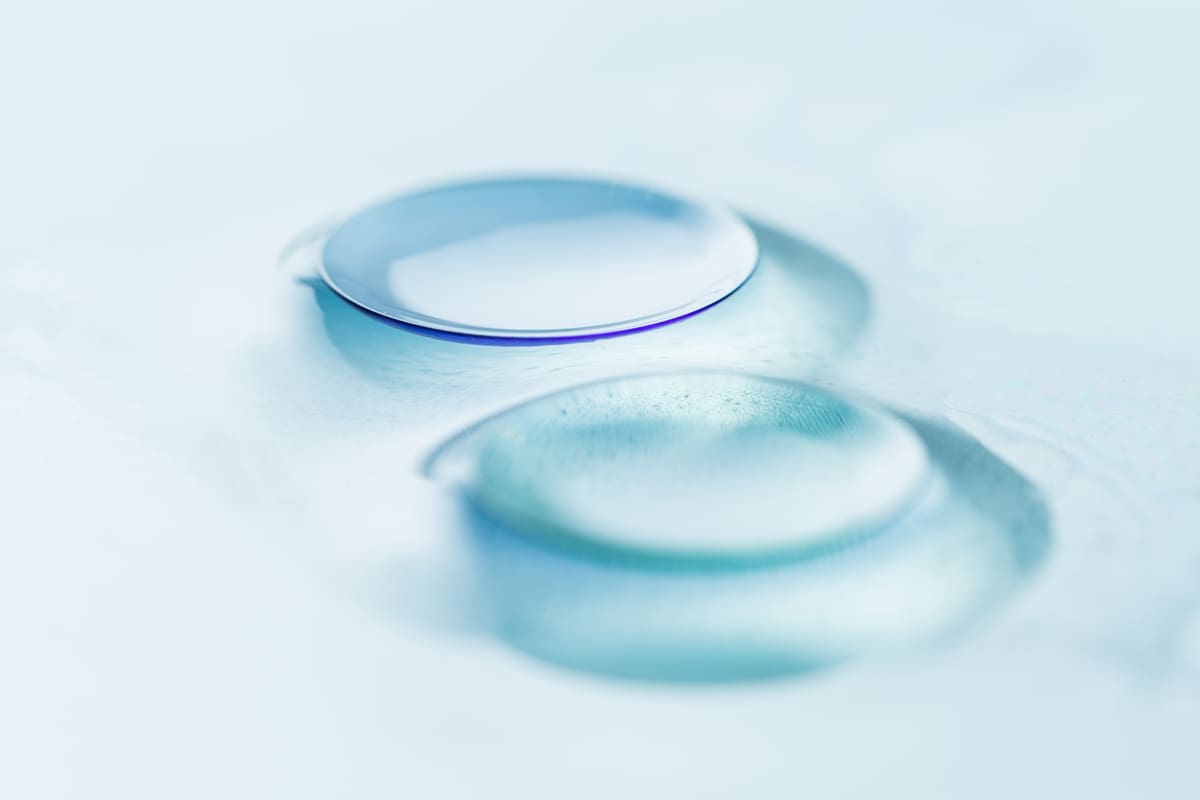
Rigid Gas Permeable Lenses:
- Moreover, RGP lenses offer exceptional visual acuity, especially for individuals with astigmatism or high prescriptions.Their rigid structure ensures consistent vision correction, minimizing distortions and aberrations.
- RGP lenses boast durability, constructed from resilient materials that resist protein deposits and tears, ensuring longevity and consistent performance.
- Breathable neovascularization: superior oxygen permeability of RGP lenses allows ample airflow to the cornea, promoting ocular health and reducing the risk of complications such as corneal neovascularization. With superior oxygen permeability, RGP lenses allow ample airflow to the cornea, promoting ocular health and reducing the risk of complications such as corneal neovascularization.
- RGP lenses are highly customizable, allowing for precise fitting tailored to the unique curvature of the cornea. This personalized approach ensures optimal comfort and visual outcomes.
- Versatility: RGP lenses are suitable for various eye conditions, including keratoconus, irregular astigmatism, and post-corneal surgery. Their versatility makes them an invaluable option for individuals with specialized visual needs.
Usage and Maintenance For Rigid Gas Permeable Lens:
- Initial Adjustment: Adapting to RGP lenses may require a brief adjustment period as the eyes acclimate to the rigid material. Patients are advised to follow their optometrist’s recommendations regarding wear time and gradually increase wearing hours.
- Cleaning Regimen: Proper maintenance is crucial for maximizing the lifespan of RGP lenses. Patients should adhere to a strict cleaning regimen using recommended solutions to remove debris and protein deposits.
- Regular Check-ups: Routine follow-up appointments with an optometrist are essential to monitor ocular health and assess the fit of RGP lenses. Any discomfort or visual changes should be promptly addressed to ensure optimal vision correction.
Conclusion:
Rigid Gas Permeable (RGP) lenses offer superior vision clarity, durability, and better oxygen permeability compared to soft lenses. They are an excellent choice for individuals with high prescriptions, astigmatism, or keratoconus. While they may require an adaptation period, their long-term benefits make them a preferred option for many users. Proper care and regular check-ups with an eye care professional ensure optimal performance and eye health.
Author Details:
Dr. Sushruth Appajigowda holds a prominent position as a Cornea, Cataract, Glaucoma, and LASIK Surgeon in Bangalore. He serves as the chief Cataract and Refractive surgeon at Vijaya Nethralaya Eye Hospital, Nagarbhavi Bangalore. Renowned as one of the finest LASIK surgeons nationwide, he brings with him over 12+ years of experience across multiple LASIK platforms, including ZEISS, ALCON, SCHWIND, AMO, and Bausch and Lomb. Having successfully conducted over 5000 LASIK procedures, Dr. Sushruth holds the title of a Certified Refractive Surgeon and a Fellow of the All India Collegium Of Ophthalmology. Furthermore, he stands as a distinguished speaker at various National and International Forums, using his expertise to guide you in selecting the most suitable procedure based on your health requirements.

Lhttp://vijayanethralaya.com/link-in-bio/
FAQ:
1. How long does it take to adjust to RGP lenses?
It typically takes a few days to a few weeks for the eyes to fully adapt to RGP lenses. Regular wear helps speed up the adjustment process.
2. Are RGP lenses better than soft contact lenses?
RGP lenses provide sharper vision, better durability, and improved eye health but require an adaptation period. Soft lenses are more comfortable initially but may not offer the same level of clarity.
3. How long do RGP lenses last?
With proper care, RGP lenses can last 1 to 2 years or longer, making them a cost-effective option compared to soft lenses, which need frequent replacements.
4. Can I sleep while wearing RGP lenses?
Most RGP lenses are not designed for overnight wear. However, some specialized orthokeratology (Ortho-K) lenses can be worn overnight to reshape the cornea temporarily.
5. How do I clean and store RGP lenses?
Use a recommended RGP lens cleaning solution to remove debris and proteins. Store them in a disinfecting solution overnight and avoid using tap water to clean them.


